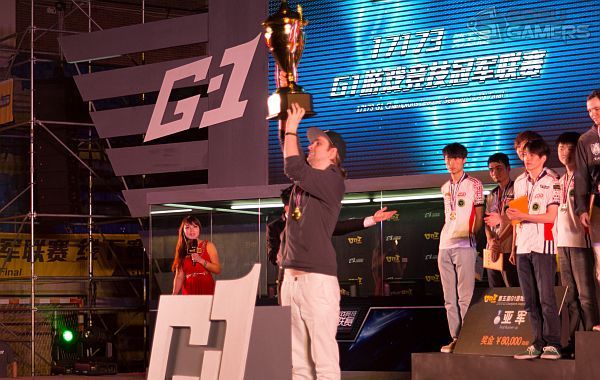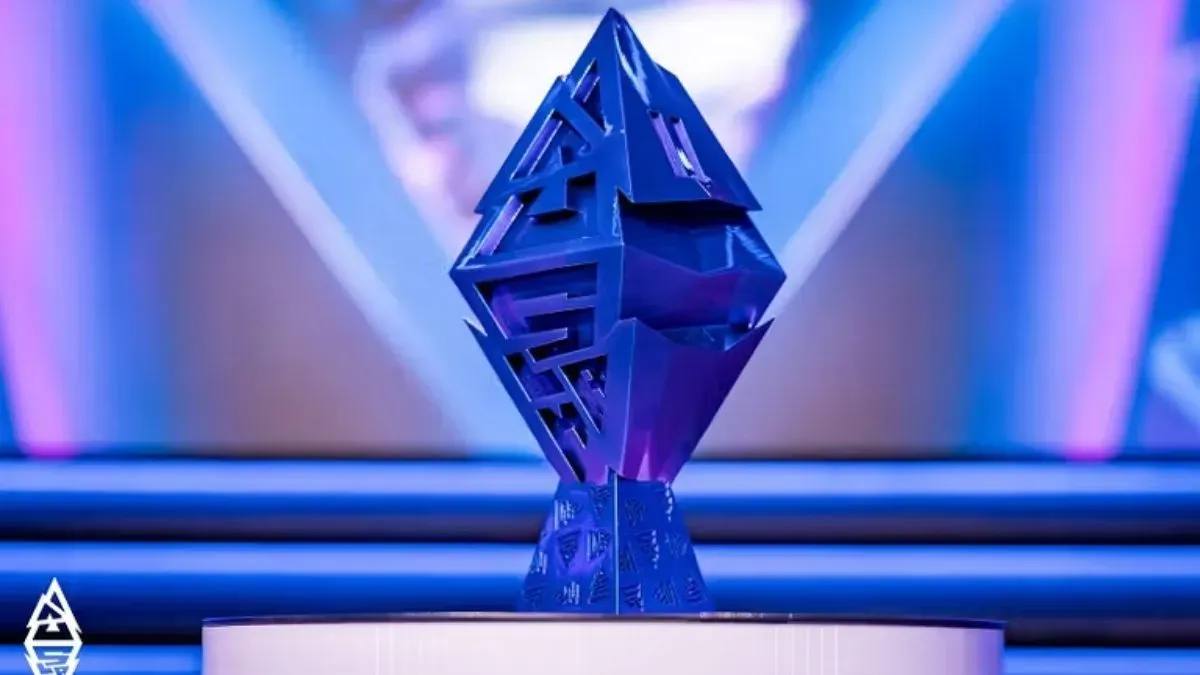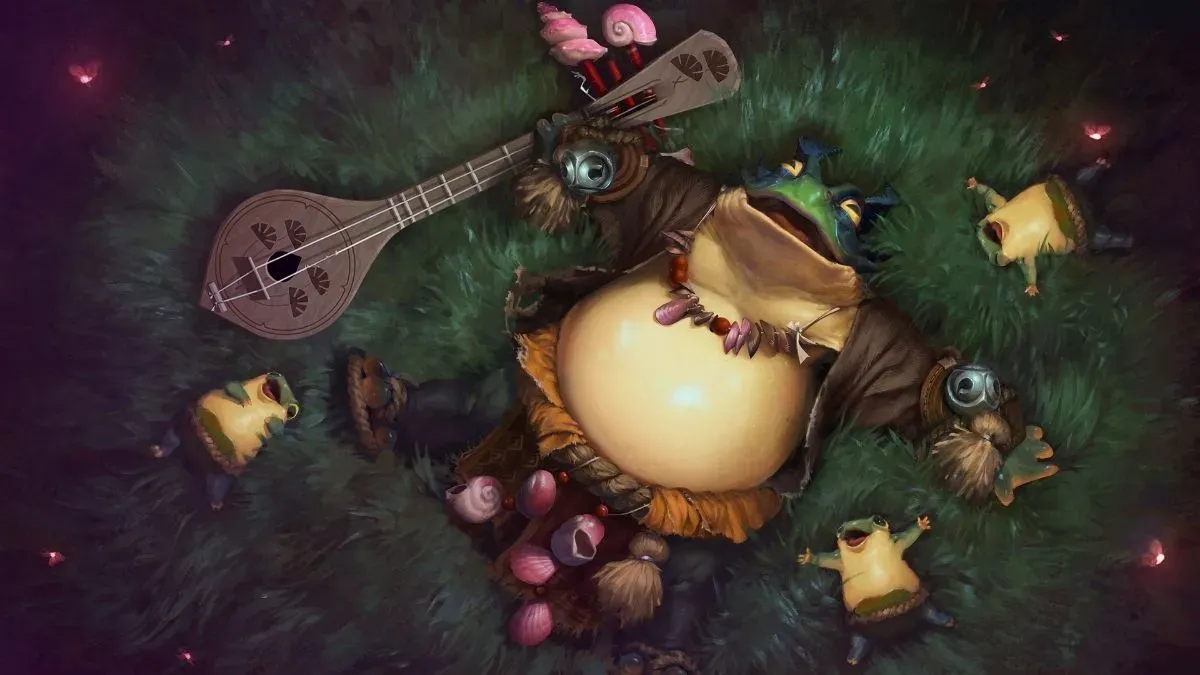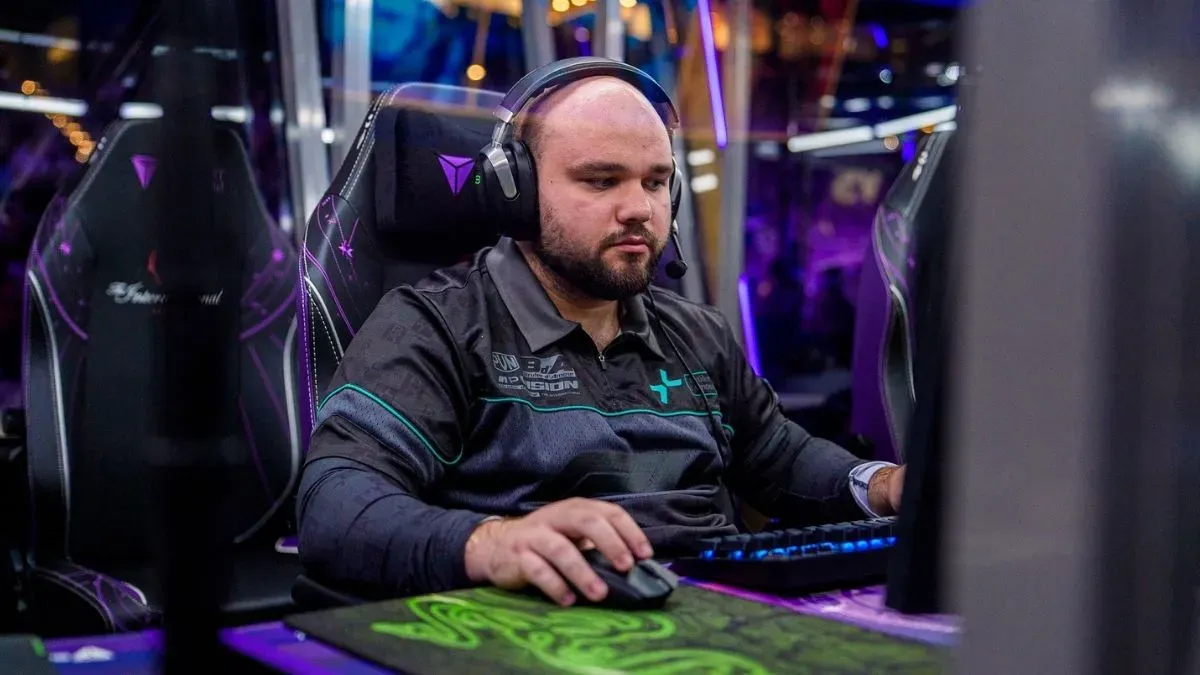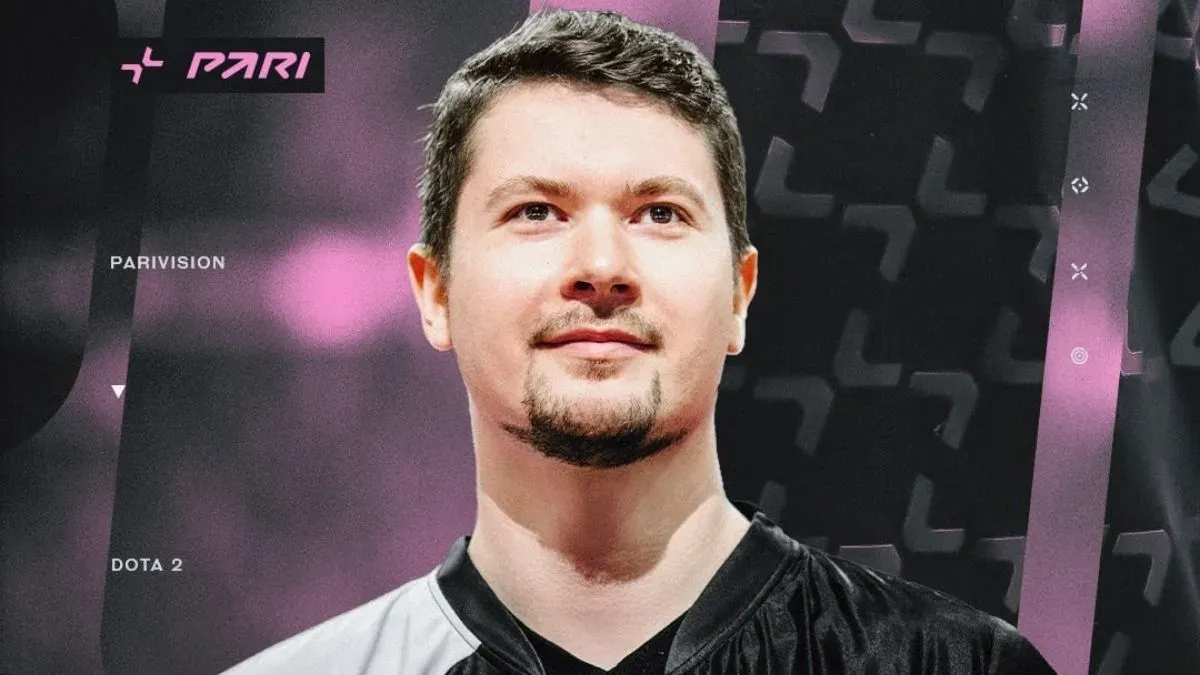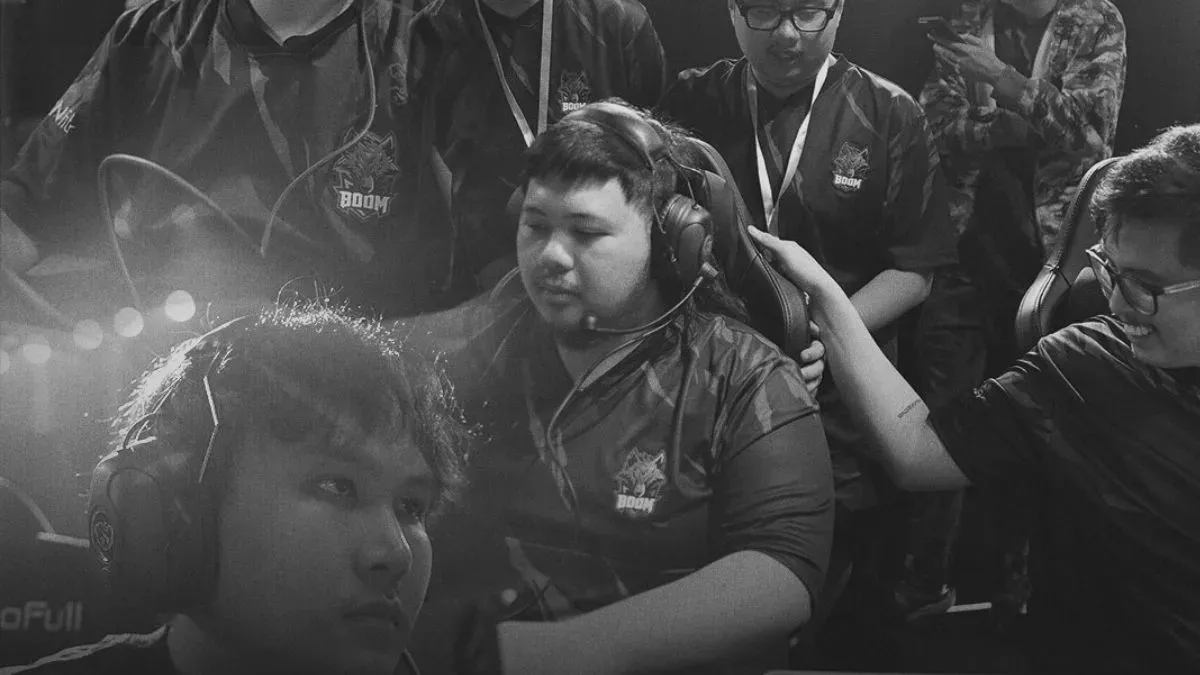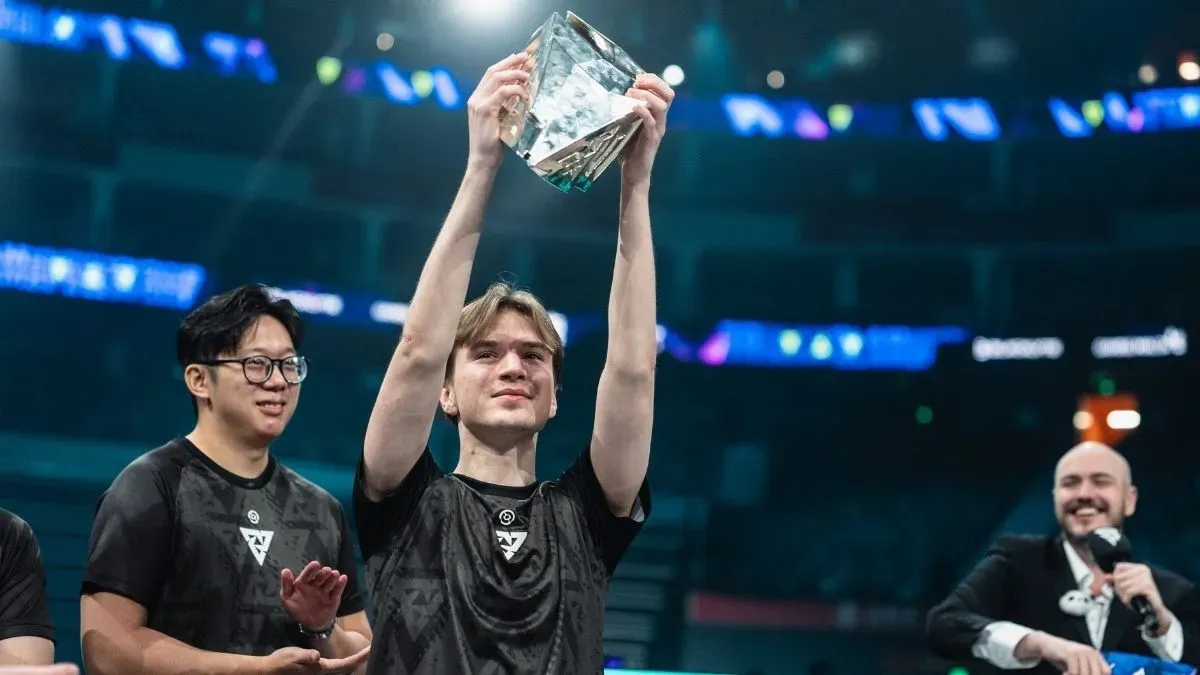
Invictus Gaming walking to their gaming booths at The International 2. Photo by Greg Laird.
"Now they are going for the throne and it could be game. Funn1k's down, Alliance is doing it, they need a little more! Throne in jeopardy, there's the glyph and this is going to be (Na`Vi's) last stand. Dendi is back and he is trying to focus everybody but there is so much stuff. Down to half hp, a quarter hp, Alliance is surrounding from all sides. BKB, they want to do it, they gonna do it. Alliance wins," those are the final words from David 'LD' Gorman and David 'Luminous' Zhang as the Swedish squad roared and rushed out of their gaming booth after winning more than $1,400,000 at The International 3.
For days, millions of fans cheered for Alliance and all the spotlights were on the new world's Dota 2 champion. The faces of these five players can be found everywhere you look. Online newspapers, social media, television and whatever sort of distribution media you can think of really. By now, the five members of The Alliance should be used to all this attention because they have won several championships all across the globe including G-1 League prior to TI3.
I was there in China for G-1 League and you would not believe how many autographs Loda would have to sign just to get a cup of coffee in Starbucks, a few minutes walk away - and then it struck me, what if we turn off all these spotlights? Yes, I'm thinking far into the future when the current gamers of today are past their prime and will have to eventually retire after they hit a certain age. A research by Myerson et al. (2007) found that older adults were as adept as younger people at assimilating information, but they did take longer to react.
What age you ask? Well, I am not certain but it is bound to happen. Esports has not been around for long enough to create significant sample sizes although many people would agree that playing at a top level is almost too much for someone who is anywhere close to 30. In any case, I would safely conclude that most players are at their peak when they are about 21 and they will stay in tip-top condition all the way till 28 before they start deteriorating.
When the cheering stops
Going abruptly from stardom to retirement can be brutal for many. No more autographs, applause, headline pictures, and interviews. Retirement is more than losing a job, it feels more like death.
"For a person who has been treated as a god-like figure for most of their life, re-entering society without the bright lights is a dark and difficult task," Scott Tinley, a former professional triathlete and two-time winner of the Hawaii Ironman endurance race, wrote on Sports Illustrated last year. "The athlete still has that warrior's heart -- the need to be needed -- but when they can't thrill or entertain us as they once did, there is a period of reframing the relationship."
"Once the athletes retire, they experience unexpected adjustment challenges including: missing the social aspect of the sport, work or study pressures, the loss of athlete status and feeling of incompetence in non-sport activities," Sinclair and Orlick (1993) concluded after interviewing 199 retired athletes in Canada.
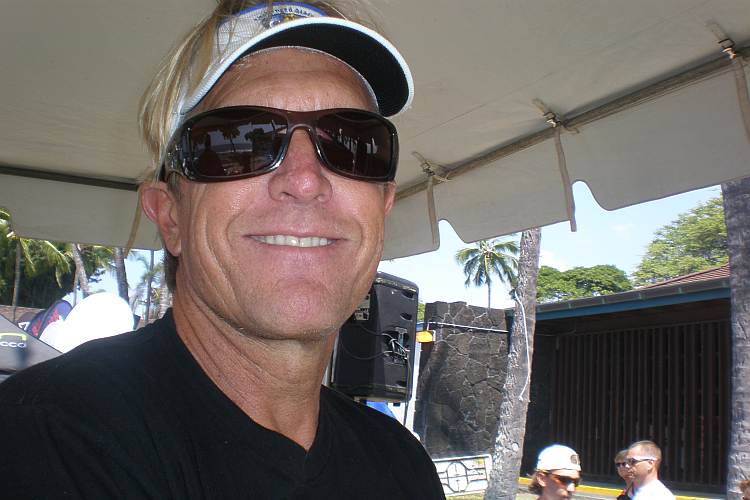
Scott Tinley suffered depression before he started studying retired athletes. Photo by Prorer.
Although Esports is still far away from its traditional counterpart, the same problem stands true for our own icons. Used to being treated like superstars and enjoying an almost fanatic fanbase at times, the stars of virtual competition will also have to face the sudden contrast between the glamour of the stage and the post-retirement fading out. With the Esports viewership being known for its particularly short memory, even when it comes to its champions, going off the radar might prove to be even more dramatic than that of traditional athletes.
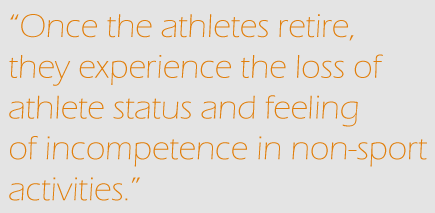 I have talked to a fair share of professional players in my years writing about Dota. Some of them like Yee Fung 'Mushi' Chai and Joakim 'Akke' Akterhall had a clear path on what they want to and will do after their imminent retirement while many others do not. A conversation I had with Mathias 'dopeshow' Schmedeshagen, currently the Chief Operation Officer of GosuGamers over two months ago still rings in my head a couple of times per week. While I disagreed with him the first time he told me, I slowly came to terms with how many Dota 2 pros will not have a great future unless they win a major title like The International during their stint.
I have talked to a fair share of professional players in my years writing about Dota. Some of them like Yee Fung 'Mushi' Chai and Joakim 'Akke' Akterhall had a clear path on what they want to and will do after their imminent retirement while many others do not. A conversation I had with Mathias 'dopeshow' Schmedeshagen, currently the Chief Operation Officer of GosuGamers over two months ago still rings in my head a couple of times per week. While I disagreed with him the first time he told me, I slowly came to terms with how many Dota 2 pros will not have a great future unless they win a major title like The International during their stint.
There are many great reasons behind this but the most bothering of all is the lack of education in many of the players, especially the ones living in China. Young players like Tian Yu 'cty' Chen was brought to the Vici Gaming training house when he was 18 years of age and put under immense pressure to compete against the best of China in Dota 2. Prior to being invited, he spent most of his days playing in public games and quickly developed into one of the most fearsome solo mid players in the world. However, ten years from now, with his degraded reaction speed and the huge surge of talents coming in, he will not be among the top anymore. Food for thought: what will he do then if he doesn't win a huge title?
Sure, he may be receiving a rather decent paycheck for competing now but most people spend very closely or more than what they earn. It's just human nature. Pablo Torre did an investigation in 2009 and discovered a staggering 78% of former NFL players are bankrupt within two years while 60% of former NBA players suffered the same fate in five years. Mind you, we are talking multi-million dollar contracts here. If people making millions of dollar can fall so quickly after they retire, the highest paid Dota 2 player (I estimate them to be receiving about $2,500 at most) will probably not even survive one year after their contracts ended with their clubs, if they don't come up with something new, quick.
I'll become a coach!
"...or something." Well that is the most common response I would get from players when nudged about their future. While I have no doubt that these gamers know a lot about the meta-game and how to tackle certain situations, being a coach is more than just understanding the game. In Korea, Starcraft 2 coaches like Hyung Seop 'Choya' Lee of the former FXOpen squad is also the manager of the team and he does a lot more than just teaching. Arranging interviews, tournament scheduling, looking for sponsors, these are among the hundreds of tasks a coach like Lee will have scribbled on his whiteboard.
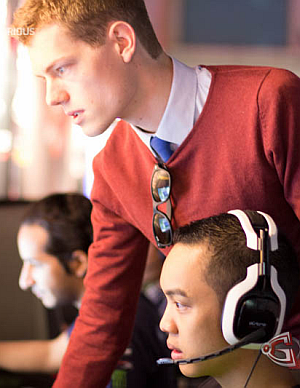 ? ?
? ?Jacob 'Maelk' Toft-Andersen is the most famous professional Dota 2 coach in the world. Photo by Anton Nielsen.
I'm not saying that all the organizations expect their coach to do as much as Lee but the point I am trying to tap here is that players cannot just roll into an Esports organization demanding to be a coach. Let's put this into perspective: there are simply not enough coaching spots available in the job market for these retired gamers to fall back on. While hiring a coach may improve the overall performance of the team, from the business side, this is just an extra cost, cost that could be used to improve their website's infrastructure or send their team to a LAN event.
Jacob 'Maelk' Toft-Andersen of Evil Geniuses is the most famous professional Dota 2 coach in the world. Joining EG in 2012, Toft-Andersen has been known for his great insight and public relation skills. When Toft-Andersen decided to retire at the age of 28, EG offered him a job as the coach for the budding Dota 2 team and to keep a great asset like him in the scene. Well, because they have the money to pay him, two Dota 2 teams (Alliance is technically under EG), a League of Legends team and 12 Starcraft 2 players including the, likely, very expensive Jaedong, an eSports legend and StarCraft poster boy.
But that's how Evil Geniuses roll: their unique ability to market their sponsors earns them three times more money than the top five North American Esports companies combined (Forbes, 2013). That should be enough to grant yourself a Maelk as coach as well as a bunch of celebrity players. However, these high-rollers having the monetary firepower to do so, doesn't mean that the rest of the scene also have the funding. Most Esports companies around the world are barely holding it together paying all these players.
Streaming and casting for the money
The second option to stay in Esports after retirement. Many professional players, especially ones from the Asian scene will usually turn to casting after they get sick of the long hours playing competitve Dota. Rightfully so, some of the biggest names in the Chinese Dota scene such as Yi Tian '820' Zou and Sheng '2009' Wu have picked up even more followers after they stopped playing the game.
Unfortunately, the professional casting job is also facing the same dilemma as coaching. The opportunity to cast professionally from a studio is very limited. One could say these players could just pick up the microphone and start casting from home much like Jorien 'Sheever' van der Heijden and Ge Ge 'KENT' Sun does but without the backing of a real studio like BeyondTheSummit and joinDOTA, they may not receive the privilege of being the first choice by tournament organizers.

L-R: David 'LD' Gorman, Bruno Carlucci, James '2GD' Harding, David 'Luminous' Zhang. Casters and analysts at The International 2. Photo by Greg Laird.
Some professional players have taken the first step to go pro as a caster. In the early days of Dota 2, Troels 'SyndereN' Nielsen would regularly appear alongside Toby 'TobiWan' Dawson on joinDOTA's stream and the viewers love the knowledge he is bringing to the table. Dawson stated that joinDOTA has extended Nielsen a job offer, but Nielsen was undecided then. In a hypothetical scenario*, JoinDOTA ended making new plans to hire Austin 'TheCapitalist' Walsh and the window of opportunity is now closed until somebody leaves.
The silver lining to the streaming scene is that players can actually earn money off streaming their public games on Twitch.tv. However, what people should remember is that the more streamers there are, the less profit these players can earn from doing their daily routine. I will use an example to explain about how this works. We are working with a very niche community in Esports and it is not growing as fast as the number of streamers and professional players. Simply put, more streamers, equal-sized community, less profit. It is also not sustainable because the numbers will drop eventually and people will start tuning in to headline-making young players instead of a retiree.
Moving on with strings attached
Many great players of the past have moved out of the Esports scene to focus on getting a proper job - because let's face it - Esports does not pay much. Kim 'Drayich' Larsson, a legend in his years, is currently working with 16 to 18 years old immigrants who come to Sweden without their parents. Besides that, he also own his own photography firm and is a common guest in a local radio station in Sweden. Larsson, suffering from a serious case of the Carpal Tunnel Syndrome prior to his retirement, affirmed, "My body says it's enough and my mindset also says it's enough. I will miss it, and I will regret this decision at times, however, my age and skill will help me stay off, simply because I can't just go back now. I'm way behind."
A year and half after his announcement, Larsson is now an almost forgotten hero in the fast paced Esports scene. I asked Larsson if he missed all the attention he got while he was competing at high level and he told me no, mostly because he still gets plenty of attention from his guest appearances on talk shows but he would love to contribute to the gaming community in some way. "I feel like I have a lot more to give," said Larsson.
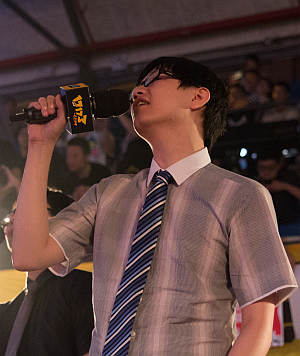 ? ?
? ?Sheng '2009' Wu is now a millionaire by leveraging from his reputation in Esports. Photo by Eric Khor.
Most professional players who moved on have expressed interest in contributing in many ways, mostly co-casting some games. The most prominent of all is Wu, a former player for LGD.sGty and currently a successful businessman in China. Wu opened three Taobao (Chinese Amazon) shops, something he contemplated right after he retired, which sells clothes, shoes, snacks, and gaming gears. A few years down the road, Wu opened his own net cafe as well as a clothing factory more recently and is now predicted to make millions of dollar per year. Wu has leveraged from his reputation successfully, turning his personal brand into hard coin to an extent that is still rare in the world of Esports.
Similar to Wu, former Quake player Jonathan 'Fatal1ty' Wendel has also turned in millions after he retired from competitive gaming. Fatal1ty started Fatal1ty inc., selling his brand of gaming mousepads called FATpads and later expanded into other gaming products like motherboards, sound cards, gaming desks, computer mice, headphones and power supplies through partnership with OCZ Technology, Creative Labs, ASRock, GamerFood and Southern Enterprises, Inc.
Players nowadays have to plan ahead much like Wu and Wendel did before they expire and increase their country's unemployment rate. I am very happy to know that a few players like Yee Fung 'Mushi' Chai and Zhi Lei 'Burning' Xu from team DK have their post-gaming future laid out, coaching and running net cafes. I am even more delighted to learn about Joakim 'Akke' Akterhall of Alliance has started his own company, Mobile Storytelling, developing Android and IOS applications while he was deep in training to be crowned world champion.
"I opened Mobile Storytelling with a few friends while I was still studying in university. I have a knack for multi-tasking and I would usually be doing something aside from just playing professional Dota. One day, I might not be able to play competitively anymore and it's nice to have some experience before that happens," Akke said.
Better late than never - Geoffery Chaucer
* Edit: I was told that the scenario between joinDOTA and SyndereN is not true and will only use this sentence as a hypothetical example to explain the point.

